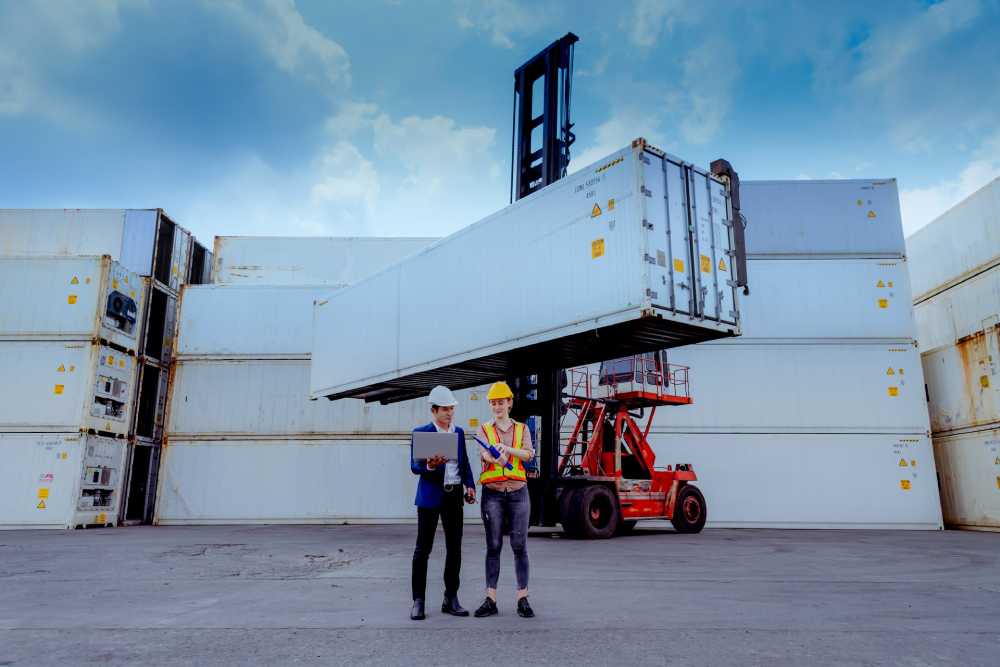Interstate auto transport can be like navigating a complex maze. People engage in this process for various reasons, from purchasing a classic car out of state to relocating for a new job nationwide. Understanding the intricacies of auto transport services is paramount for ensuring a hassle-free experience.
Critical considerations include the type of transport service and the route specifics—for example, the decision process for a service provider specializing in Florida to New York auto shipping can differ significantly from coast-to-coast transportation. Here, we will dive into the aspects that influence your decision when shipping a vehicle from one state to another, providing a comprehensive, systematic approach to planning your vehicle’s expedition.
Contents
- 1 The Planning Phase: Research and Preparation
- 2 Choosing the Right Auto Transport Company
- 3 The Logistics of Interstate Vehicle Shipping
- 4 Regulations and Legal Considerations
- 5 Safety and Security Measures in Vehicle Transit
- 6 Preparing for the Delivery of Your Vehicle
- 7 Common Concerns with Interstate Auto Shipping
- 8 Conclusion
The Planning Phase: Research and Preparation
Embarking on your interstate auto-shipping journey requires research and thorough preparation. Decisions made during this stage, such as choosing between open or enclosed carriers and auto transport Florida to Massachusetts, influence the safety and cost-effectiveness of the transport.
Open carriers are commonly used and are more economical, but enclosed carriers offer additional protection against the elements—crucial for high-value or classic cars. Once a choice is made, the vehicle should be prepared for travel; this includes meticulously checking fluids, securing loose parts, and recording any existing damage for future reference.
Choosing the Right Auto Transport Company
Selecting a reputable auto transport company involves more than a cursory glance at prices and services. It’s a matter of delving deep into their track record, evaluating customer reviews, and verifying their DOT compliance to ensure they are a legitimate and trustworthy operation.
Additionally, the offered transport insurance coverage must be scrutinized. This is about financial protection and being clear on what eventualities are covered in unforeseeable circumstances like damage or theft during transit. Peace of mind with comprehensive coverage often outweighs the pursuit of the lowest quote, and ensuring your vehicle’s welfare remains paramount.
The Logistics of Interstate Vehicle Shipping
Executing a well-oiled logistical plan is essential for the efficient shipping of your vehicle. Coordination between you and the transport company regarding pickup and delivery schedules demands clear communication and sometimes flexibility.
Seasonal fluctuations, often overlooked, can immensely impact service availability and delivery times. For instance, ‘snowbird’ seasons, when many individuals migrate from colder to warmer states, can congest routes and affect transit times. Furthermore, brokerages can be instrumental in connecting clients with carriers that best meet their specific requirements, acting as a knowledgeable intermediary adept at navigating the industry’s subtleties.
Regulations and Legal Considerations
Delving into the regulatory environment of interstate vehicle transport uncovers a patchwork of state and federal laws that need to be clarified. Every state has regulations regarding vehicle transit, and compliance is not negotiable.
Educational resources provided by government bodies, such as the comprehensive guide from the Federal Trade Commission, can be a fountain of knowledge for individuals seeking clarity on transport laws and consumer rights.
Safety and Security Measures in Vehicle Transit
Ensuring that your vehicle is transported safely and securely is a prime concern. Reputable companies will adhere to stringent safety protocols and offer tracking options that allow you to monitor your vehicle’s progress throughout its journey.
This technological wonder adds an extra layer of transparency and allows immediate action should any deviations occur. Effective protocols for dealing with transport incidents continue to be a linchpin in auto transport, assuring customers that contingency plans are ready to be enacted for the unforeseen.
Preparing for the Delivery of Your Vehicle
As the day of delivery approaches, it is vital to understand the process that will take place. Ideally, the vehicle arrives in the same condition as it left, but it is advisable to conduct a thorough inspection in the presence of the delivery driver.
Note any discrepancies and compare them to the condition report from the pickup. If any issues have arisen, understanding the company’s resolution process is essential for a timely and fair outcome. Upon receipt of your vehicle, this diligence concludes the auto transport process and starts your new journey.
Common Concerns with Interstate Auto Shipping
As with any service industry, misconceptions are prevalent within auto transport. Consumers often need help with prolonged transit times or the risk of damage during shipment. While delays can occur due to weather or traffic, reputable companies will strive to minimize these disruptions.
The risk of damage is substantially mitigated by choosing a reliable company that takes pride in its safety record and protocols. Understanding these elements can translate to realistic expectations and reduce anxiety over the shipping processes.
Conclusion
The journey through the complexities of interstate auto transport concludes with the invaluable cargo safely parked at its destination. You can confidently approach this elaborate task through meticulous planning and research, choosing the right transport provider, understanding legalities, and anticipating the delivery.
The crux lies in being well-informed and prepared, ensuring that your vehicle’s travel from origin to destination reflects the diligent care it deserves. The process embodies not just the physical transportation of an automobile but the peace of mind that comes with entrusting your prized possession to a service that values safety, legality, and a pledge towards a cleaner planet.



